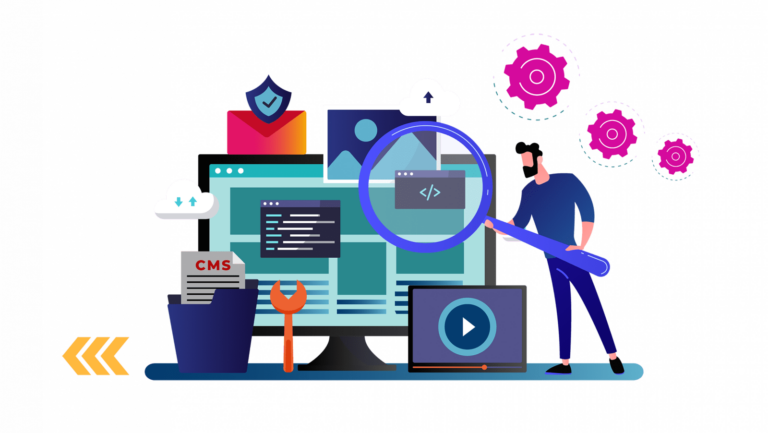The Impact of Artificial Intelligence on Algorithmic Trading Strategies: Betbhai9 com sign up, Radhe exchange admin login, Mylaser247
betbhai9 com sign up, radhe exchange admin login, mylaser247: Artificial intelligence has revolutionized many industries, including finance and trading. One specific area where AI has had a profound impact is in algorithmic trading strategies. These advanced algorithms use machine learning and other AI techniques to analyze data, identify patterns, and make real-time decisions in the stock market. In this article, we will explore the impact of artificial intelligence on algorithmic trading strategies and how it has changed the landscape of trading.
The Rise of AI in Trading
Traditionally, traders would manually analyze market data, track trends, and execute trades based on their judgment. However, with the advent of AI technology, this process has been completely transformed. AI-powered algorithms can process vast amounts of data in milliseconds, identify complex patterns, and make split-second decisions that are impossible for humans to replicate.
These algorithms can analyze news articles, social media feeds, economic indicators, and other relevant data sources to predict market movements and optimize trading strategies. This level of analysis and decision-making power has given algorithmic traders a significant advantage in the market, leading to increased profitability and efficiency.
Benefits of AI in Algorithmic Trading
The impact of artificial intelligence on algorithmic trading strategies has been overwhelmingly positive. Some key benefits include:
1. Increased Efficiency: AI algorithms can process large volumes of data much faster than humans, allowing for quicker decision-making and execution of trades.
2. Improved Accuracy: AI algorithms can analyze data with a level of precision that is impossible for humans to achieve. This leads to more accurate predictions and better trading outcomes.
3. Enhanced Risk Management: AI algorithms can analyze risk factors in real-time and adjust trading strategies accordingly. This helps traders minimize losses and maximize returns.
4. Adaptive Learning: AI algorithms can continuously learn from past trades and adjust their strategies to improve performance over time. This adaptability is key to staying competitive in the fast-paced world of trading.
Challenges of AI in Algorithmic Trading
While the benefits of using AI in algorithmic trading are clear, there are also some challenges to be aware of:
1. Data Quality: AI algorithms are only as good as the data they are trained on. Ensuring high-quality, accurate data is crucial to the success of algorithmic trading strategies.
2. Overfitting: AI algorithms may be prone to overfitting, where they perform well on historical data but fail to generalize to new, unseen data. Traders must be mindful of this risk and implement strategies to mitigate it.
3. Regulatory Concerns: The use of AI in trading raises regulatory concerns around transparency, accountability, and potential market manipulation. Traders must navigate these complex regulatory frameworks to ensure compliance.
FAQs
Q: Can AI completely replace human traders in algorithmic trading?
A: While AI algorithms can outperform humans in many aspects of trading, human traders still play a crucial role in strategy development, risk management, and decision-making.
Q: How can I get started with AI-powered algorithmic trading?
A: To get started with AI-powered algorithmic trading, you can explore platforms and tools that offer AI-based trading strategies, or work with AI experts to develop custom algorithms tailored to your specific needs.
Q: What are some popular AI techniques used in algorithmic trading?
A: Some popular AI techniques used in algorithmic trading include machine learning, natural language processing, deep learning, and reinforcement learning.
In conclusion, the impact of artificial intelligence on algorithmic trading strategies has been monumental. AI-powered algorithms have transformed the way traders analyze data, make decisions, and execute trades, leading to increased efficiency, accuracy, and profitability. While there are challenges to consider, the benefits of using AI in algorithmic trading far outweigh the risks. As AI technology continues to evolve, we can expect to see even more profound changes in the world of trading.





